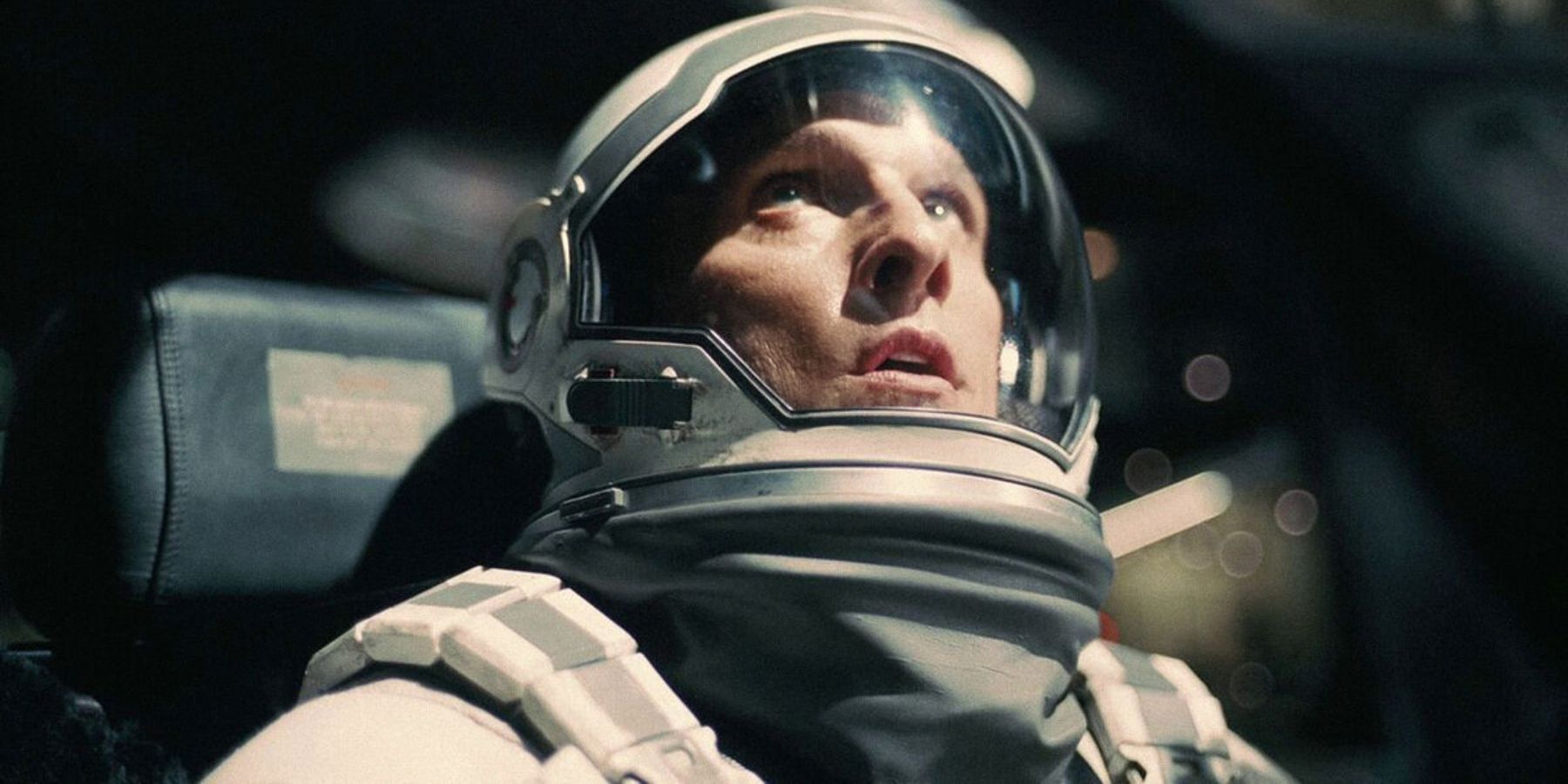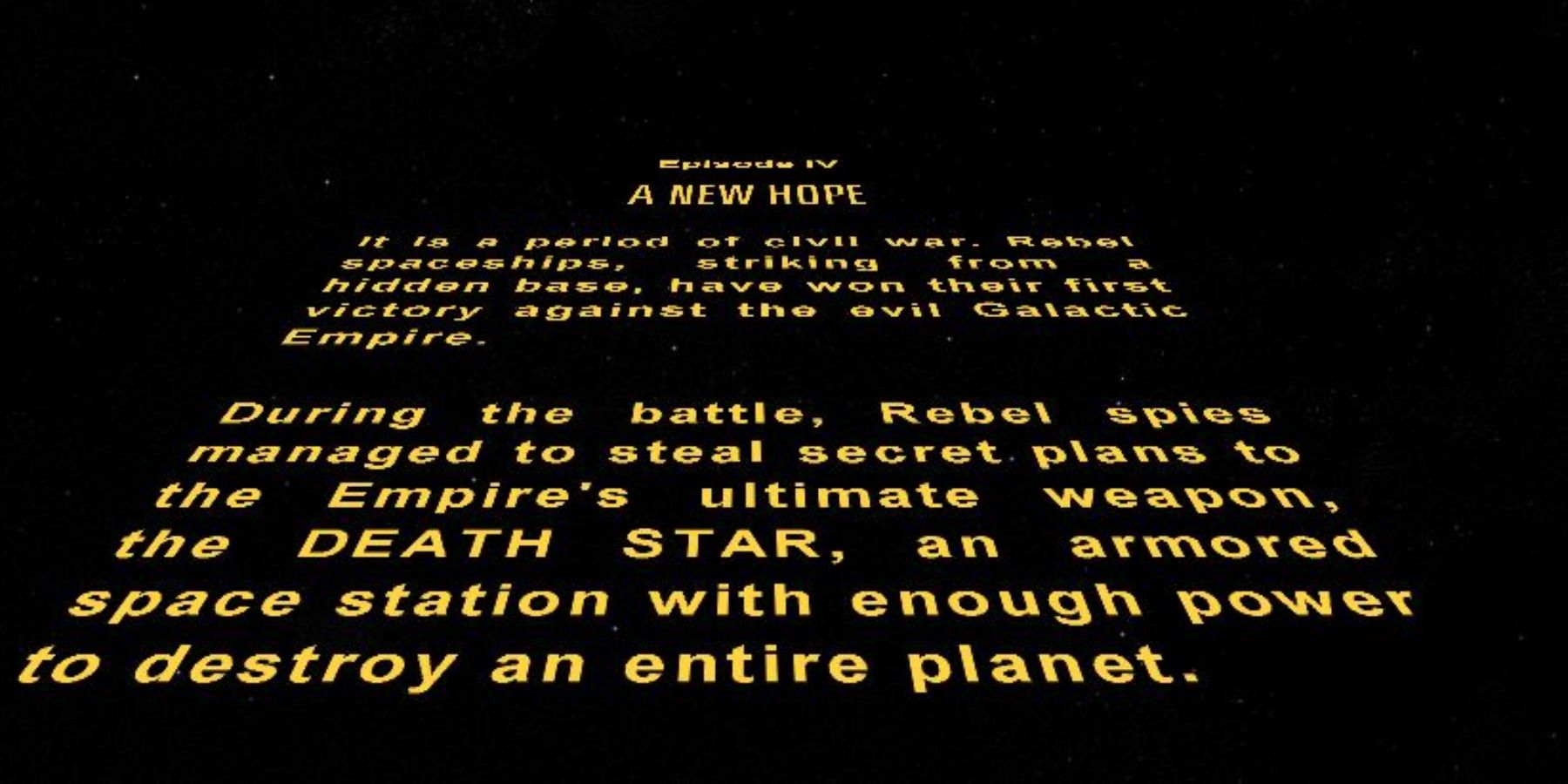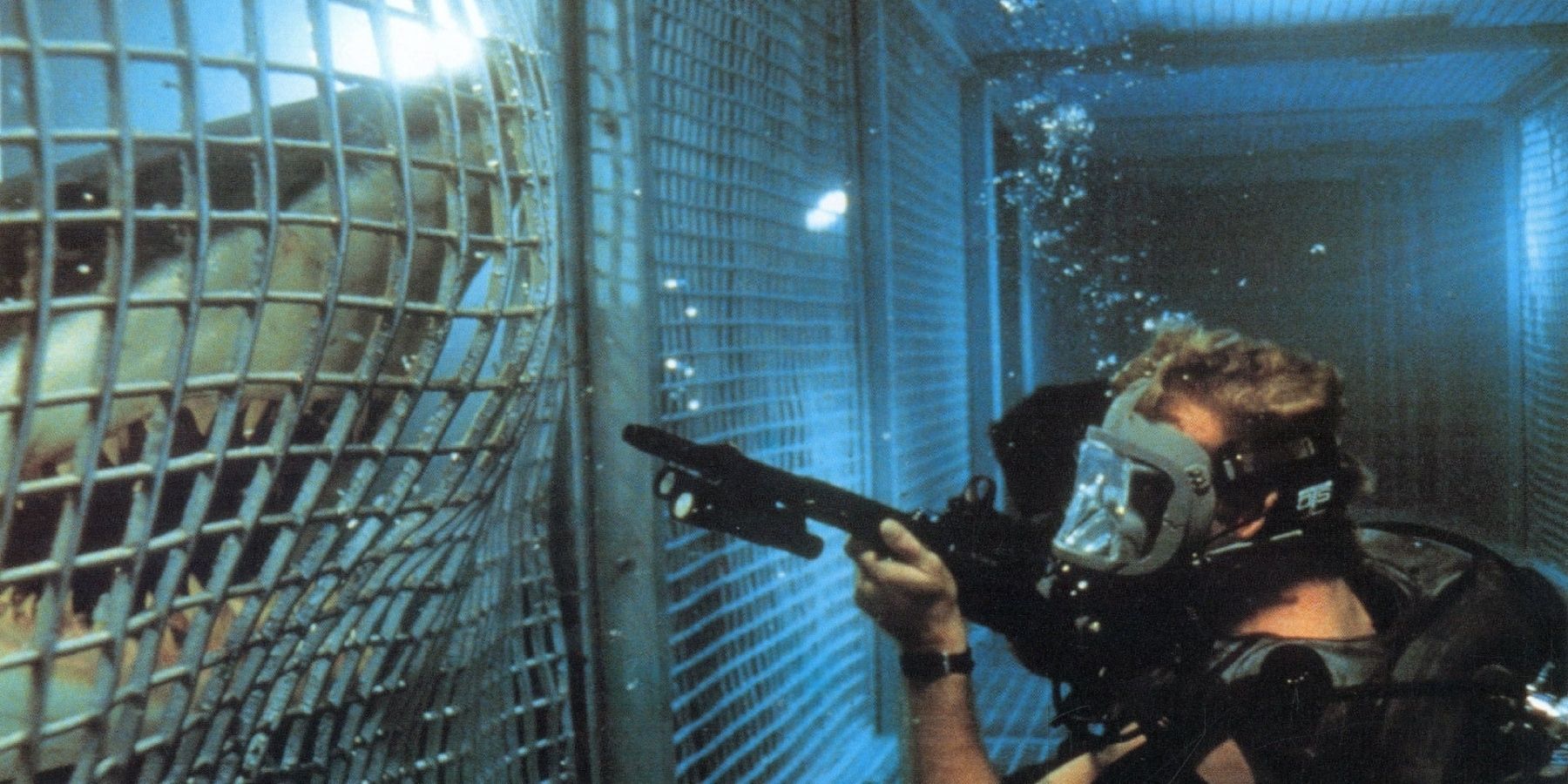
[ad_1]
Any film lover can recognize that a movie is much more than just dialogue and moving images. Movies have several essential layers that help the audience to feel present and immersed in the story, like graphics, cinematography, acting – the list goes on. One essential factor in all films (since practically the beginning of films) is the music that accompanies the tale and mood of the movie. This point is especially true in the case of particular genres that require a lot of detail to build the world they’re set in, like Westerns, or horror, or science fiction.
That said, genres like westerns and horror films have an easier time creating the appropriate score because they exist in past, modern, or near-future timelines. This means that creators can be more sure of their music choices because they have an idea of what to base it on. In science fiction, however, the score is usually being written to reflect a world that is set in the distant future, which adds a layer of difficulty to the task.
Based on how much the sound of music has evolved just over the past 50 years, we can assume there’s no sure way to know what the music of the future will sound like. Nonetheless, successfully creating music that sounds futuristic or otherworldly is essential to the believability of the world in science fiction. Naturally, sci-fi films made in different decades are generally somehow reflective of the music or technology of the time period they belong to, but it’s how they represent space or futuristic concepts with those resources that set them apart.
Consider iconic science fiction films that had effective scores, like the Star Wars films, Back to the Future, and Interstellar. Though the first films in the Star Wars franchise are older and probably had less access to today’s standard of futuristic sounds, the score in these films set the tone of the entire franchise and became a staple element of the world. In Back to the Future, the grandness of the score suggested both adventure and the involvement of something vast, such as time travel. In Interstellar’s score, Hans Zimmer achieves the suspenseful feeling of life in space through the building pace of an organ playing.
These are, of course, just a few examples of films that figured out how to reflect the concepts of science fiction through music, a craft that notable composers like Bernard Herrmann have mastered. Capturing the essence of excitement, vastness, and mystery is clearly what is important to science fiction scores and when sci-fi soundtracks fail to follow through with that, it can take the viewers out of the story entirely.
There are plenty of examples of science fiction mocies that don’t meet audience expectations for music, such as the 1999 film Deep Blue Sea, or the 2000 Mission to Mars film. While the scores for these movies were by no means bad, they did not reflect much of a sci-fi tone. Deep Blue Sea blends sci-fi and horror genres, so while the score is fine, it mostly reflects the suspense and terror in the film, rather than the otherworldly element — and that’s not even considering those LL Cool J originals in the film. The Mission to Mars score was simply too light and sounded like it would be better suited to a Disney film. Neither of these films received very good reviews, and the music no doubt played a role in that.
The most complicated part of scoring a sci-fi film isn’t just making sure that the music reflects the tone and setting of the story, it’s creating a score that appropriately mirrors what’s happening in the plot. Sci-fi storylines often feature an array of emotions because of everything that space exploration, time travel, or advanced technology would entail. In any tale where the characters explore the unknown or a new development, there is a combination of excitement, fear, and hope. All of these emotions waver and grow throughout the film, depending on the character’s experiences in each moment.
When a science fiction film can appropriately create or select a music compilation that represents the world, characters, tone, and events of the movie, it becomes a thread that holds the story together. Much like a piece of fabric, films are several components threaded together to make a bigger, better whole. Furthermore, just as different fabrics require being woven in certain patterns to achieve a particular style, the scores in certain film genres must be approached differently to capture the desired structure of that genre. When a single thread in the whole thing is loose, misplaced, or tattered, it can disrupt or unravel the desirable form of the whole thing. Music is a vital thread in any film, especially complex genres like science fiction.
The score of a science fiction film can help determine whether a movie set in the future can go down in history, because it helps bring the world to life. It helps the viewers feel as though they are actually getting to experience a glimpse of a world that should be unobtainable to them, giving it a truly magical effect if done successfully. Ultimately, for a score to be played over a dark screen with nothing but stars and words and still stir a feeling of excitement or mystery in viewers speaks for itself about the capability of a strong science fiction score.
Source: Wikipedia – Science fiction film
[ad_2]
Source link




